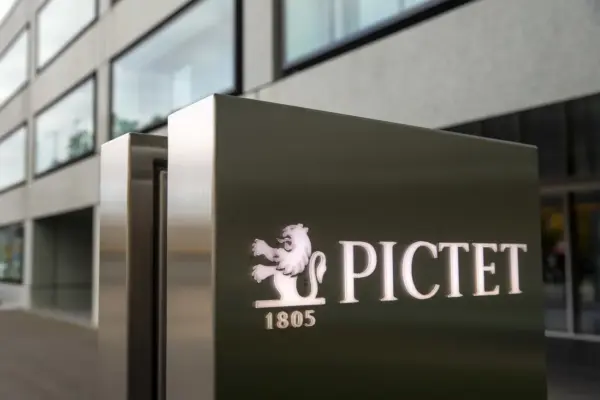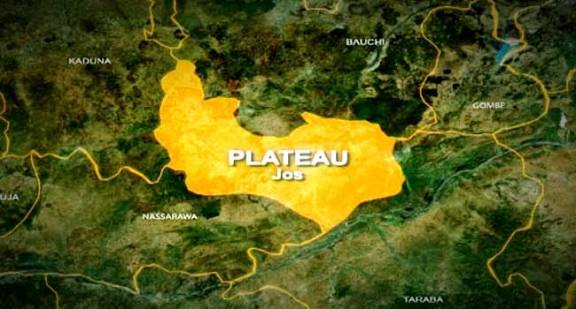Bisola David
Stanbic IBTC Bank’s February Purchasing Managers’ Index has revealed that the private sector may have suffered midway through the first quarter of the year as a result of the nationwide cash shortage in February.
According to The Punch, the headline PMI fell below the no-change threshold of 50.0 in February, registering 44.7 compared to 53.5 in January, according to a portion of the report. A 31-month stretch of expansion came to an end as the business climate sharply deteriorated.
“Excluding the first wave of the COVID-19 pandemic in the second quarter, the fall in operating conditions was the sharpest since the survey’s start in January 2014,” the researcher said.
The research shows that the output and new orders suffered significantly as a result of cash shortages since customers were frequently unable to get the money necessary to commit to spending, which had a negative impact on both.
It said, “The output dip halted a seven-month streak of increase, while the decline in new orders was the first since June 2020. Except from the first wave of the COVID-19 pandemic, the decreases in both cases were the most dramatic in the survey’s history.
“When new orders and output declined, businesses cut back on their input purchases and employee levels. The decreases marked the start of respective downturns of 32 and 25 months. In addition to a decline in customer demand, the decrease in purchasing also represented challenges for businesses to finace the payment of items.
The report also demonstrated how lack of money increased the price of fuel and the operating expenses of companies and organizations.
“Lower currency value and higher expenses for raw materials were further factors driving increasing buying prices.”
According to the report, inflation rate was the lowest since June 2020, yet it was still significant and higher above the series average and employee costs increased once more in February, though more slowly.











